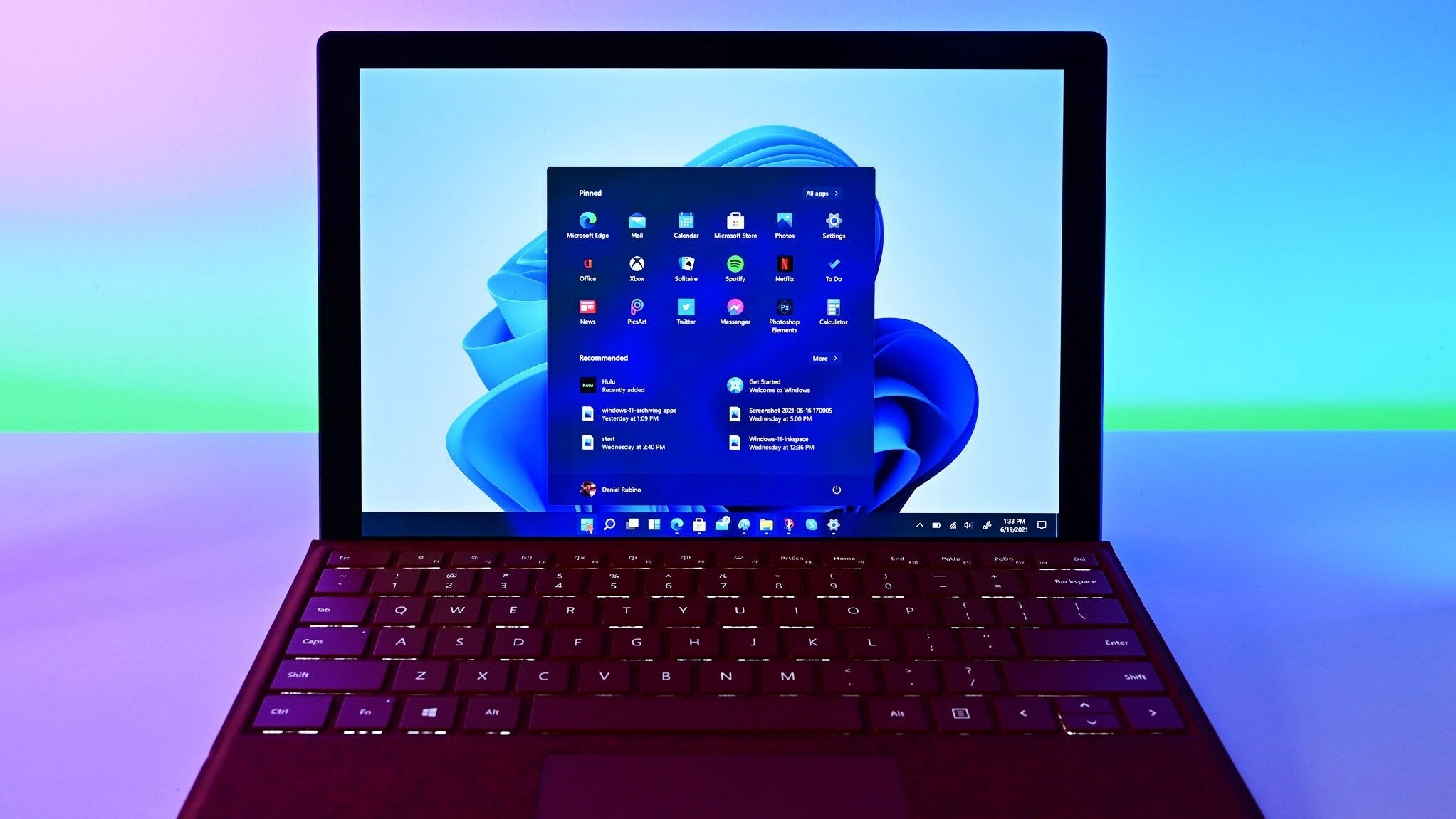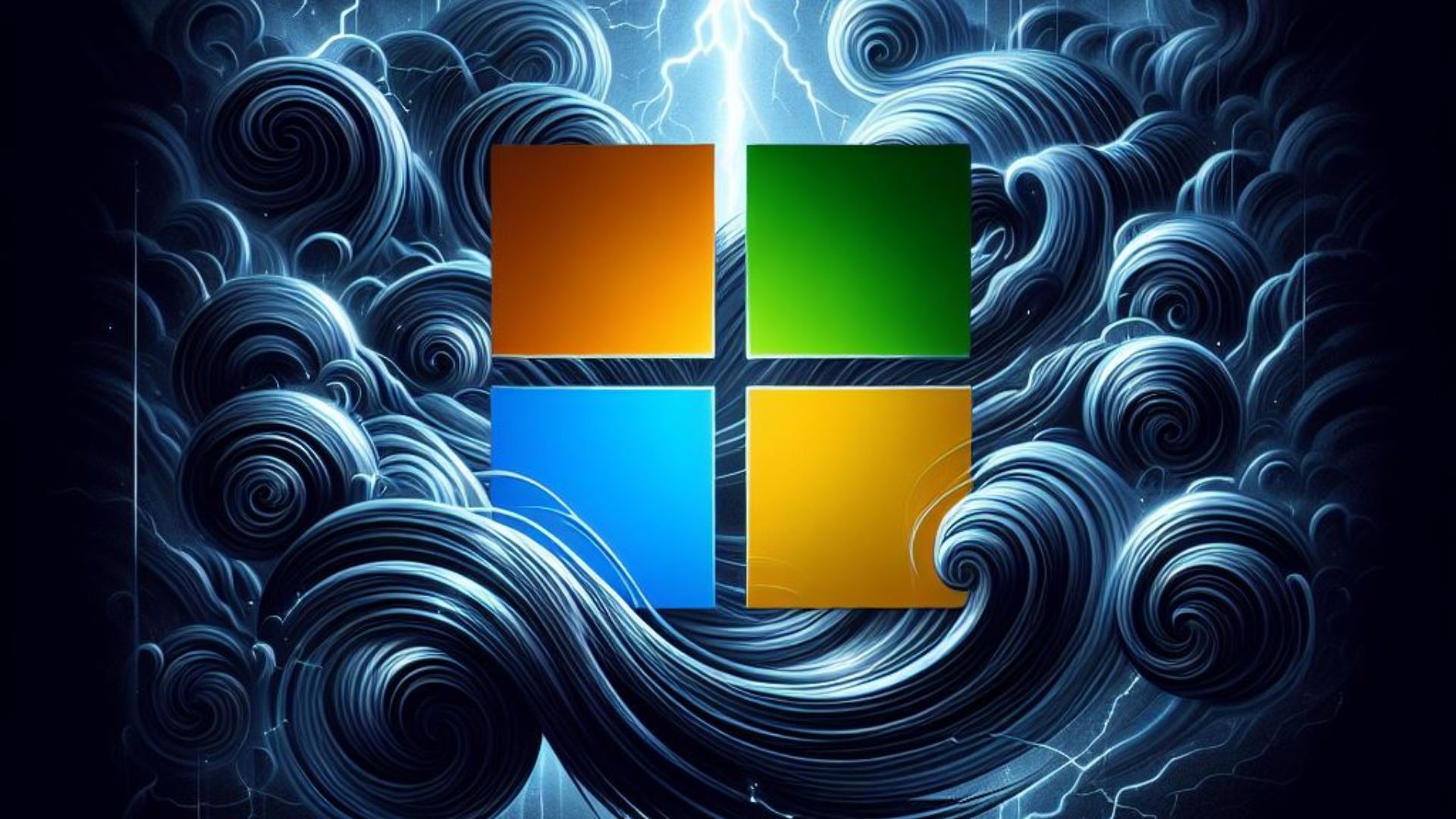Microsoft quietly removes 44 Intel CPUs from list of supported Windows 11 processors
A number of Intel 8th-Gen Xeon chips are no longer supported on Windows 11.

All the latest news, reviews, and guides for Windows and Xbox diehards.
You are now subscribed
Your newsletter sign-up was successful
What you need to know
- Microsoft has removed 44 Intel Xeon processors from the list of supported Windows 11 CPUs.
- The chips are from Intel's 8th-generation line of processors.
- This likely means PCs running Windows 11 with those processors will no longer be eligible for the annual fall feature updates.
When Windows 11 first launched, Microsoft enforced some incredibly high CPU requirements which meant any PCs made before 2017 were in-eligible for the upgrade from Windows 10 to Windows 11. Microsoft's cut-off point was anything older than Intel 8th-Gen and AMD Ryzen 2000 series.
But now, it appears Microsoft is starting to raise those requirements once again, as the company just recently quietly removed 44 8th-Gen processors from Intel's Xeon line of chips, all of which were previously officially supported by Windows 11. Here are the chips Microsoft has removed, courtesy of Neowin:
- Intel Xeon E-2104G
- Intel Xeon E-2124
- Intel Xeon E-2124G
- Intel Xeon E-2126G
- Intel Xeon E-2134
- Intel Xeon E-2136
- Intel Xeon E-2144G
- Intel Xeon E-2146G
- Intel Xeon E-2174G
- Intel Xeon E-2176G
- Intel Xeon E-2176M
- Intel Xeon E-2186G
- Intel Xeon E-2186M
- Intel Xeon E-2224
- Intel Xeon E-2224G
- Intel Xeon E-2226G
- Intel Xeon E-2226GE
- Intel Xeon E-2234
- Intel Xeon E-2236
- Intel Xeon E-2244G
- Intel Xeon E-2246G
- Intel Xeon E-2254ME
- Intel Xeon E-2254ML
- Intel Xeon E-2274G
- Intel Xeon E-2276G
- Intel Xeon E-2276M
- Intel Xeon E-2276ME
- Intel Xeon E-2276ML
- Intel Xeon E-2278G
- Intel Xeon E-2278GE
- Intel Xeon E-2278GEL
- Intel Xeon E-2286G
- Intel Xeon E-2286M
- Intel Xeon E-2288G
- Intel Xeon E-2314
- Intel Xeon E-2324G
- Intel Xeon E-2334
- Intel Xeon E-2336
- Intel Xeon E-2356G
- Intel Xeon E-2374G
- Intel Xeon E-2378
- Intel Xeon E-2378G
- Intel Xeon E-2386G
- Intel Xeon E-2388G
It's unclear why Microsoft has removed these, or if it was done in error, but Windows Central has reached out for comment and will update this article accordingly once Microsoft responds.
If Microsoft has removed them deliberately, it means any users running Windows 11 on these chips will no longer be officially supported. That doesn't mean those PCs will simply stop working, it just means you won't be eligible for the annual fall features updates going forward. You should still be supported with security updates for as long as the current version of Windows 11 is supported.
Intel Xeon chips are not intended for consumer-use, meaning you're unlikely to be using one in your personal PC or gaming rig. They're commonly found in servers, workstations, and embedded systems, but this does set the precedent that Microsoft is willing to remove currently supported chips at any time.
All the latest news, reviews, and guides for Windows and Xbox diehards.

